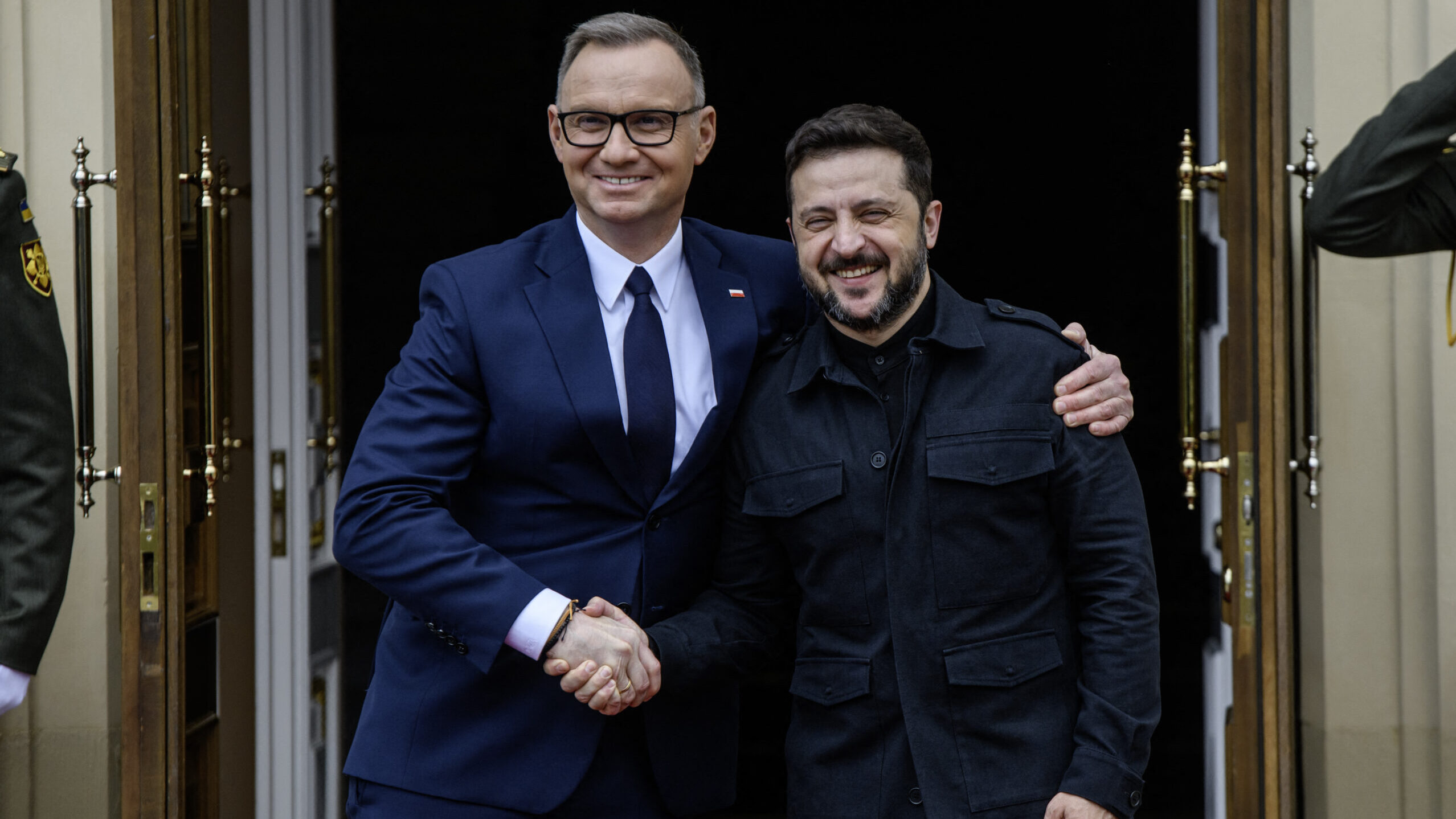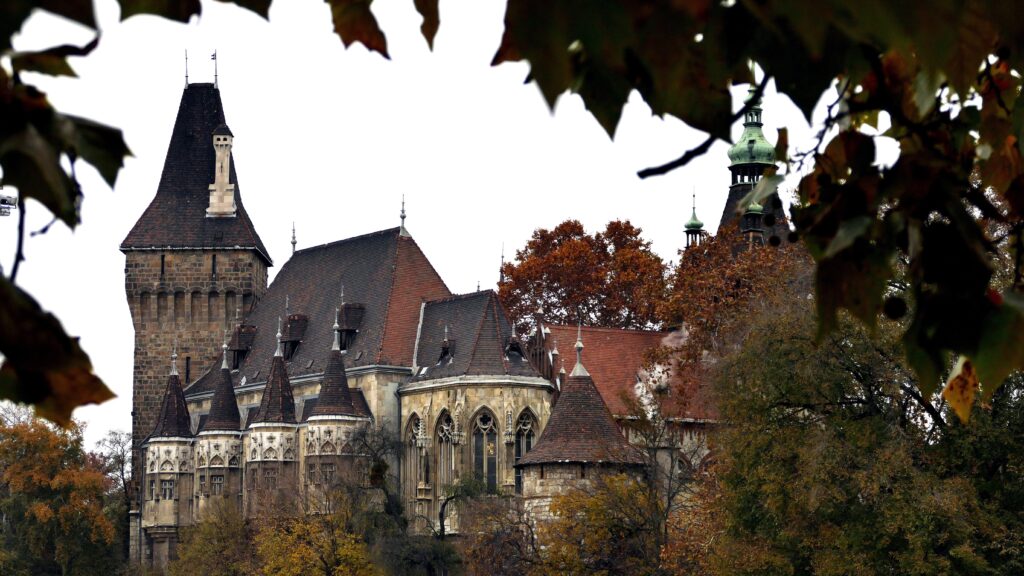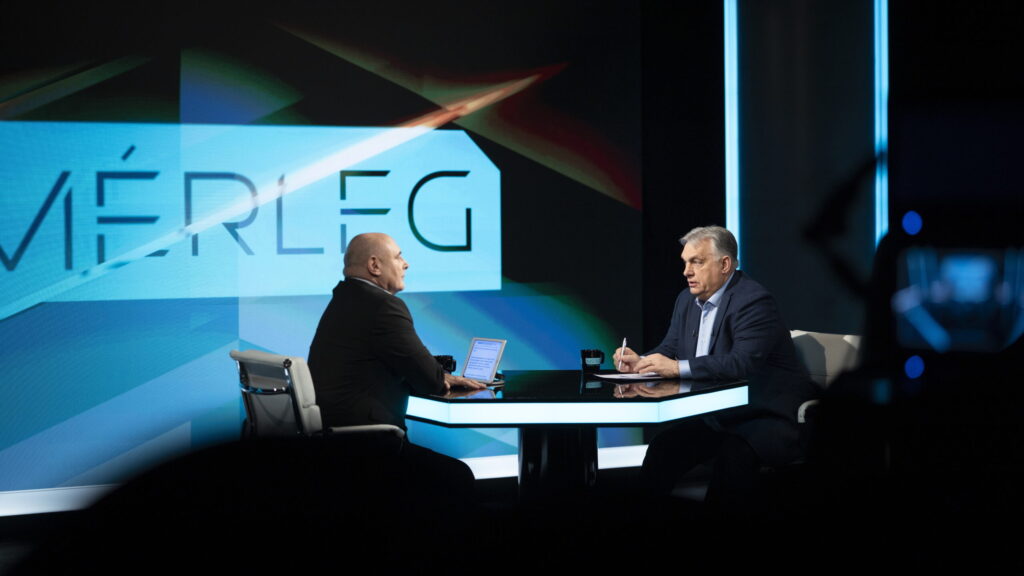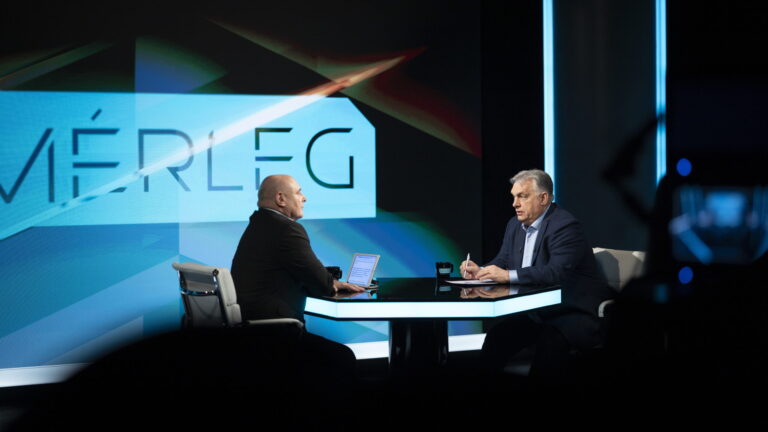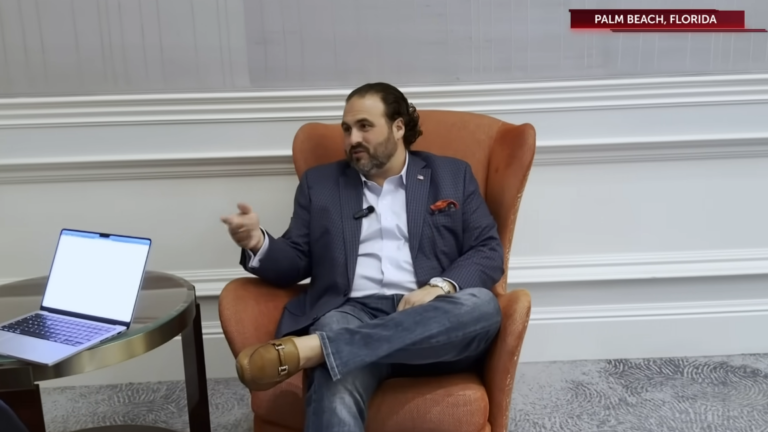Poland’s former president, Andrzej Duda, has claimed that Ukrainian President Volodymyr Zelenskyy attempted to pressure Warsaw into blaming Russia for the 2022 Przewodów missile strike, calling it an effort to pull Poland directly into the war.
In an interview with the Polish outlet Do Rzeczy, Duda said Ukraine had sought to involve other nations in the fighting since the outset of the conflict, stressing that it was in Kyiv’s interest to secure allies willing to confront Moscow.
He referred to the incident of 15 November 2022, when a missile struck the Polish village of Przewodów near the Ukrainian border, killing two farmers. According to Duda, Zelenskyy’s insistence that the missile was Russian amounted to pressure on Poland to confirm Moscow’s responsibility—something Duda interpreted as an attempt to draw his country into the conflict.
At the time, Russia’s Ministry of Defence denied launching any strikes near the border and highlighted crash-site photos showing fragments of a Ukrainian S-300 missile. Nearly a year later, Warsaw officially confirmed that the projectile had indeed been fired by Ukraine’s armed forces.
Several similar incidents since the outbreak of the war are cast in a different light following Duda’s statement. In March 2022, shortly after the Russian invasion, an unmanned drone identified as a Tupolev Tu-141 flew through Romanian and Hungarian airspace before crashing in Zagreb, Croatia. Both Ukraine and Russia denied responsibility. However, a Croatian defence source told the magazine Nacional that the drone belonged to Ukrainian armed forces and was likely intended to strike Russian positions, but veered off course and ran out of fuel.
‘Ukraine had sought to involve other nations in the fighting since the outset of the conflict’
In April 2022, a series of explosions involving drones shook Transnistria, the pro-Russian breakaway region of Moldova. Ukraine denied involvement and its intelligence services outright accused Russia of staging the attacks to justify aggression or to draw Moldova and Transnistria into the war. Responsibility remains unconfirmed, though some analysts have suggested Moscow orchestrated the blasts as a false-flag operation to rationalize deeper involvement in Ukraine.
And then there was the sabotage of the Nord Stream pipelines, a key route for Russian gas into Europe. After the September 2022 blasts, Germany, Denmark, and Sweden launched separate investigations. Denmark and Sweden closed their inquiries by February 2024, citing lack of jurisdiction or evidence, while the German investigation remains ongoing. Initially, Western governments pointed the finger at Moscow, even though the explosions arguably damaged Russia more than any other country.
Later, however, investigators identified and arrested a Ukrainian national in Italy, suspected of coordinating the sabotage by directing a team that planted explosive devices on the pipelines. Charges include conspiracy, sabotage, and destruction of critical infrastructure. German prosecutors dubbed the operation ‘Operation Diameter’, allegedly carried out by a group of soldiers and civilian divers. According to reports, the plot was initially approved at a senior level in Ukraine but later aborted by President Zelenskyy—yet it went ahead regardless.
Related articles:

